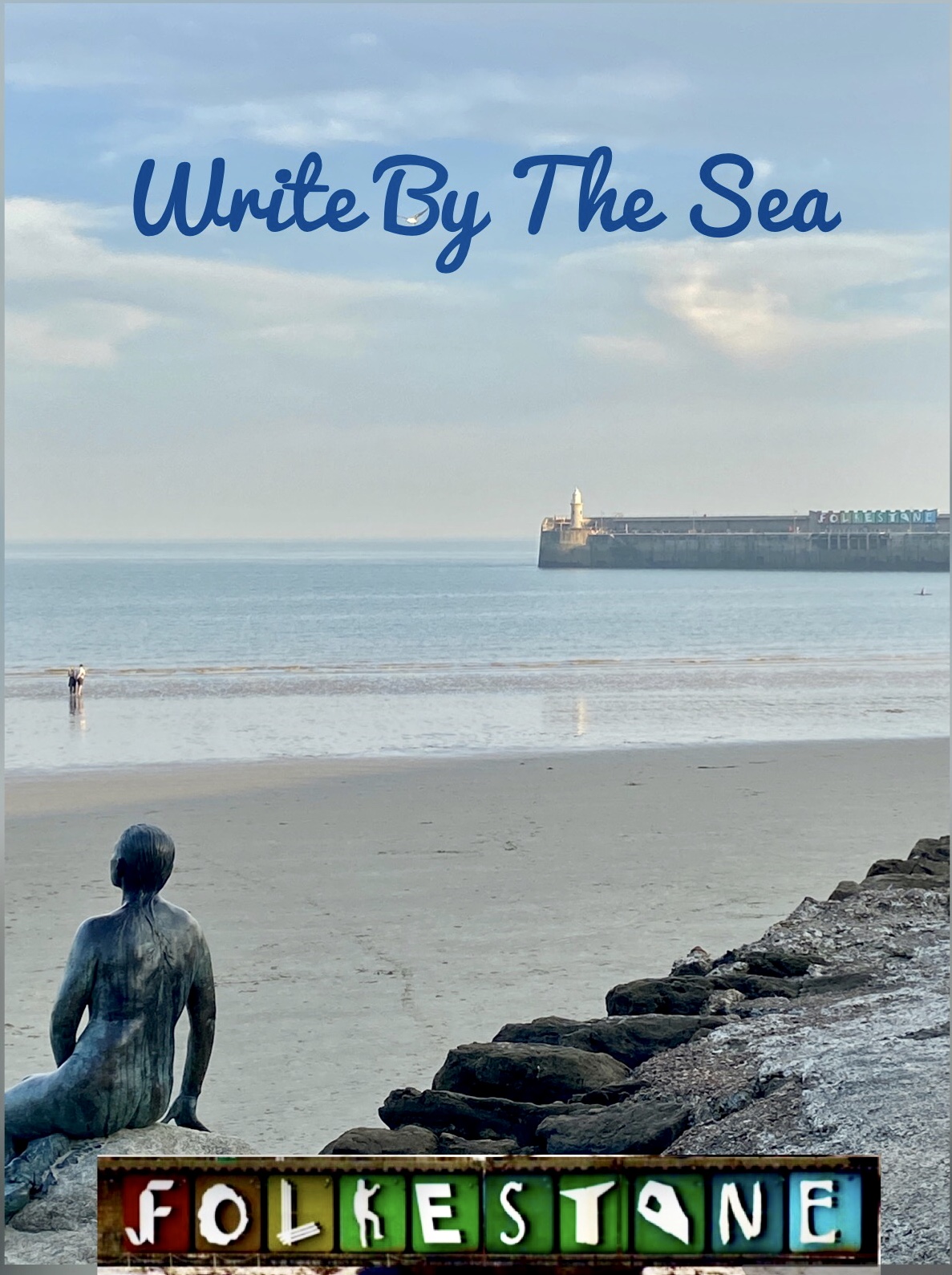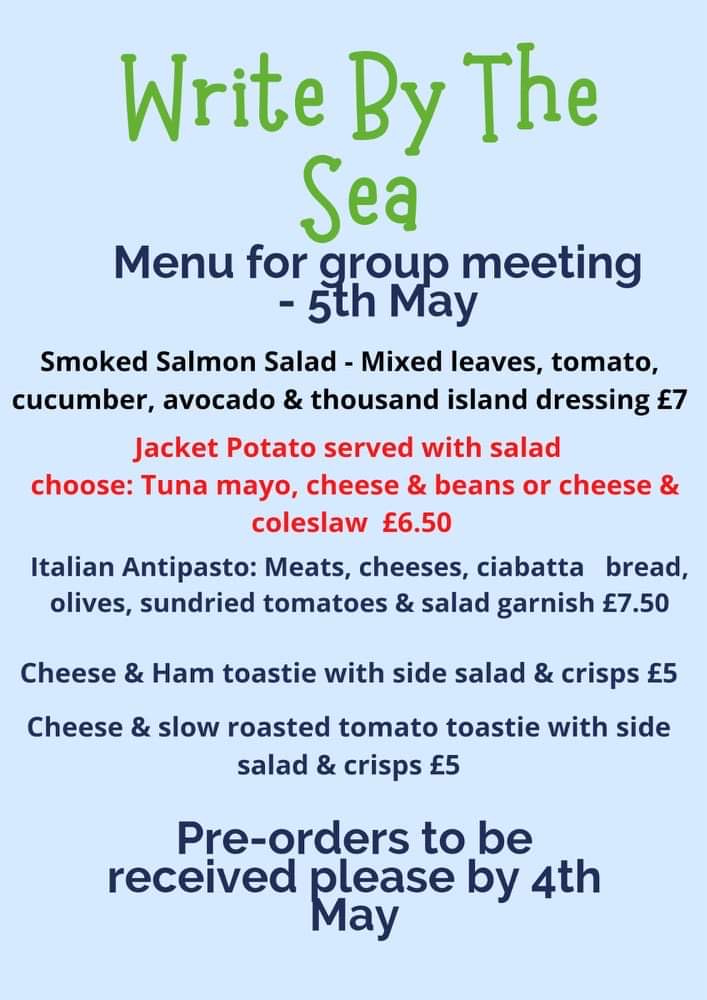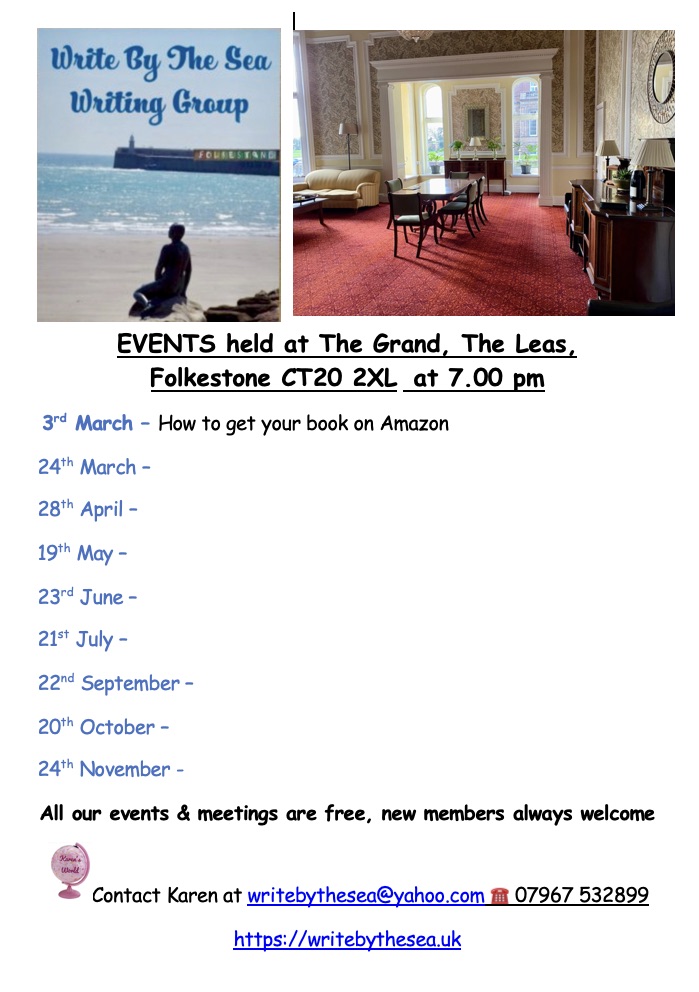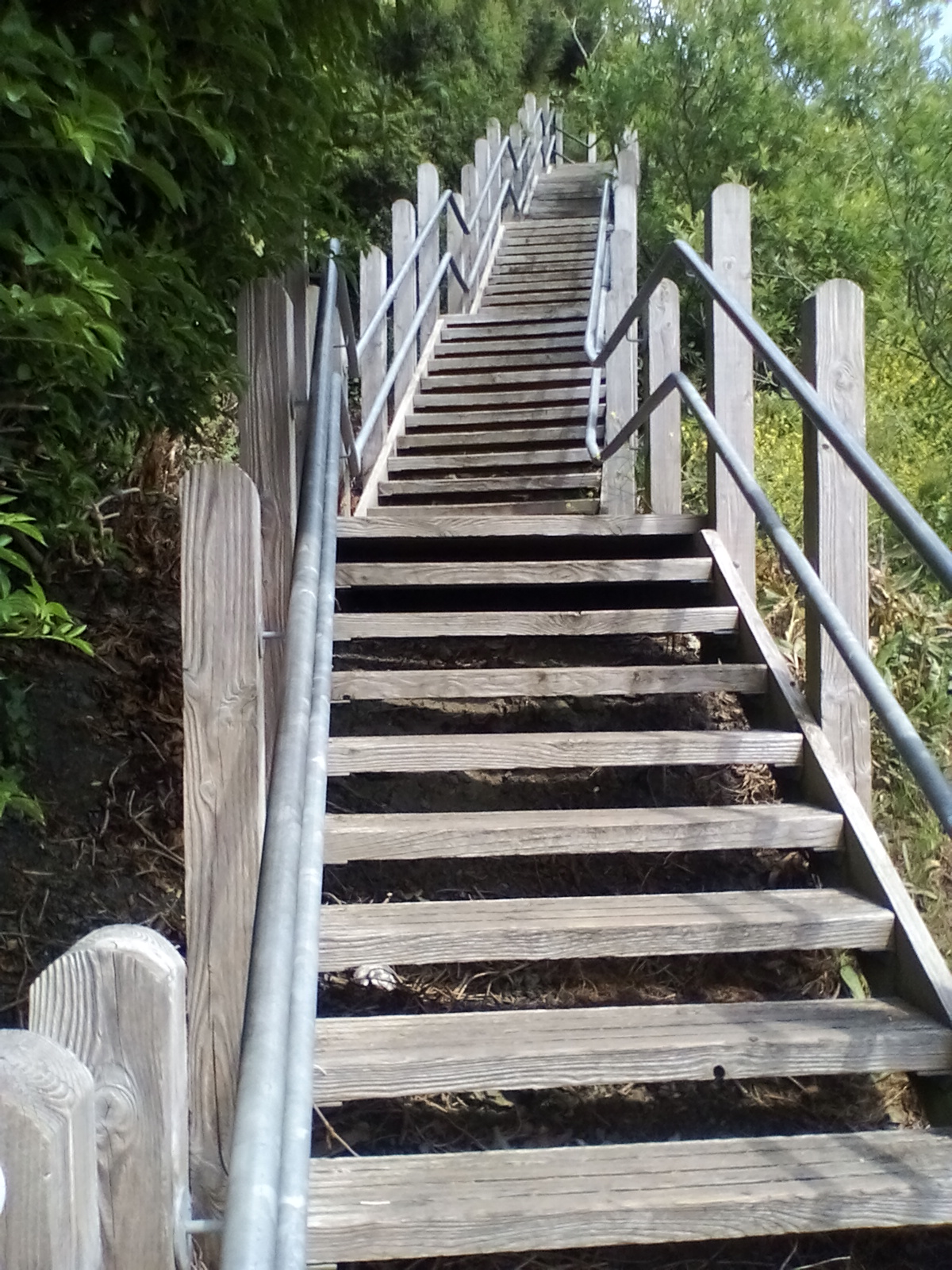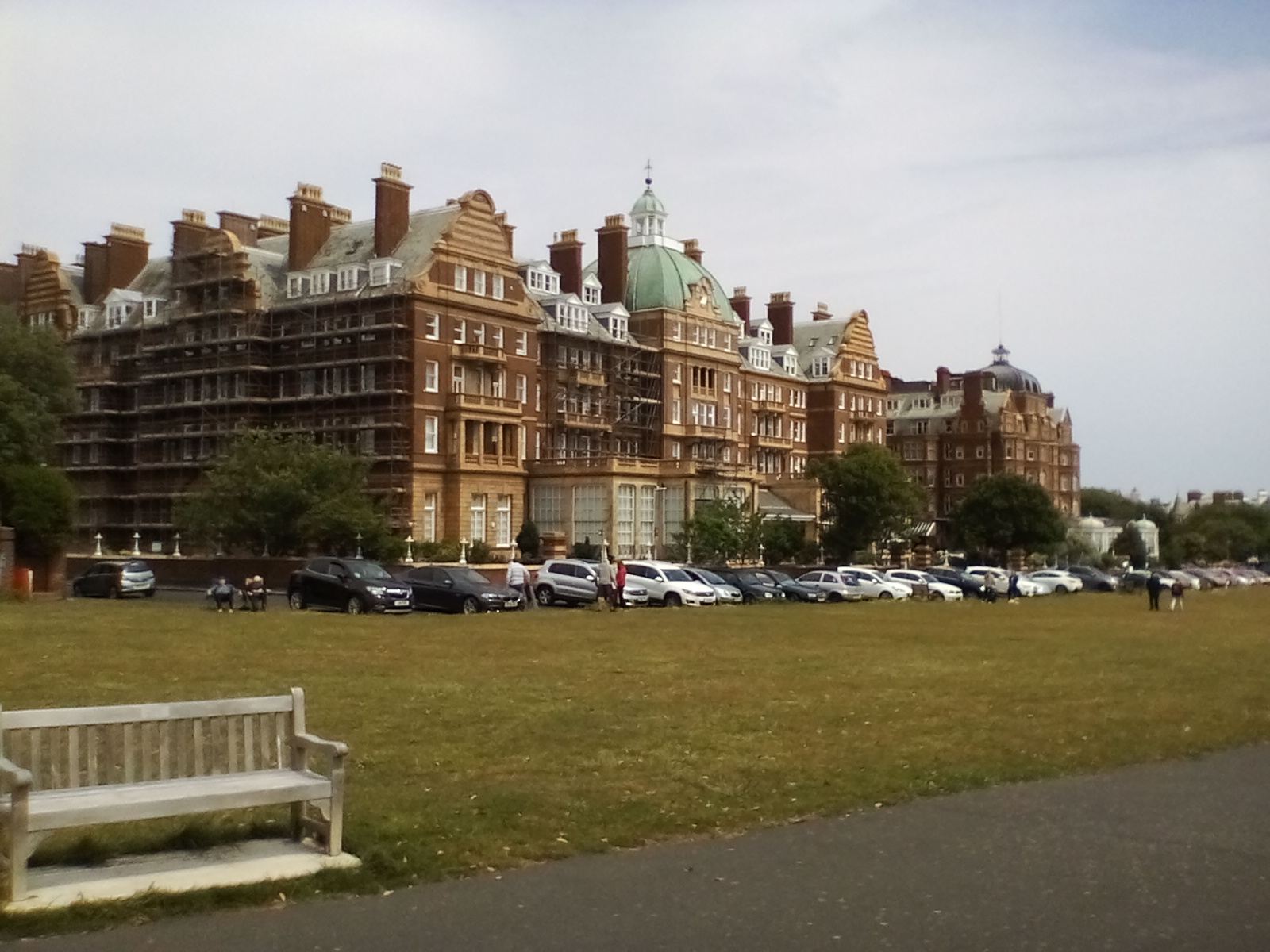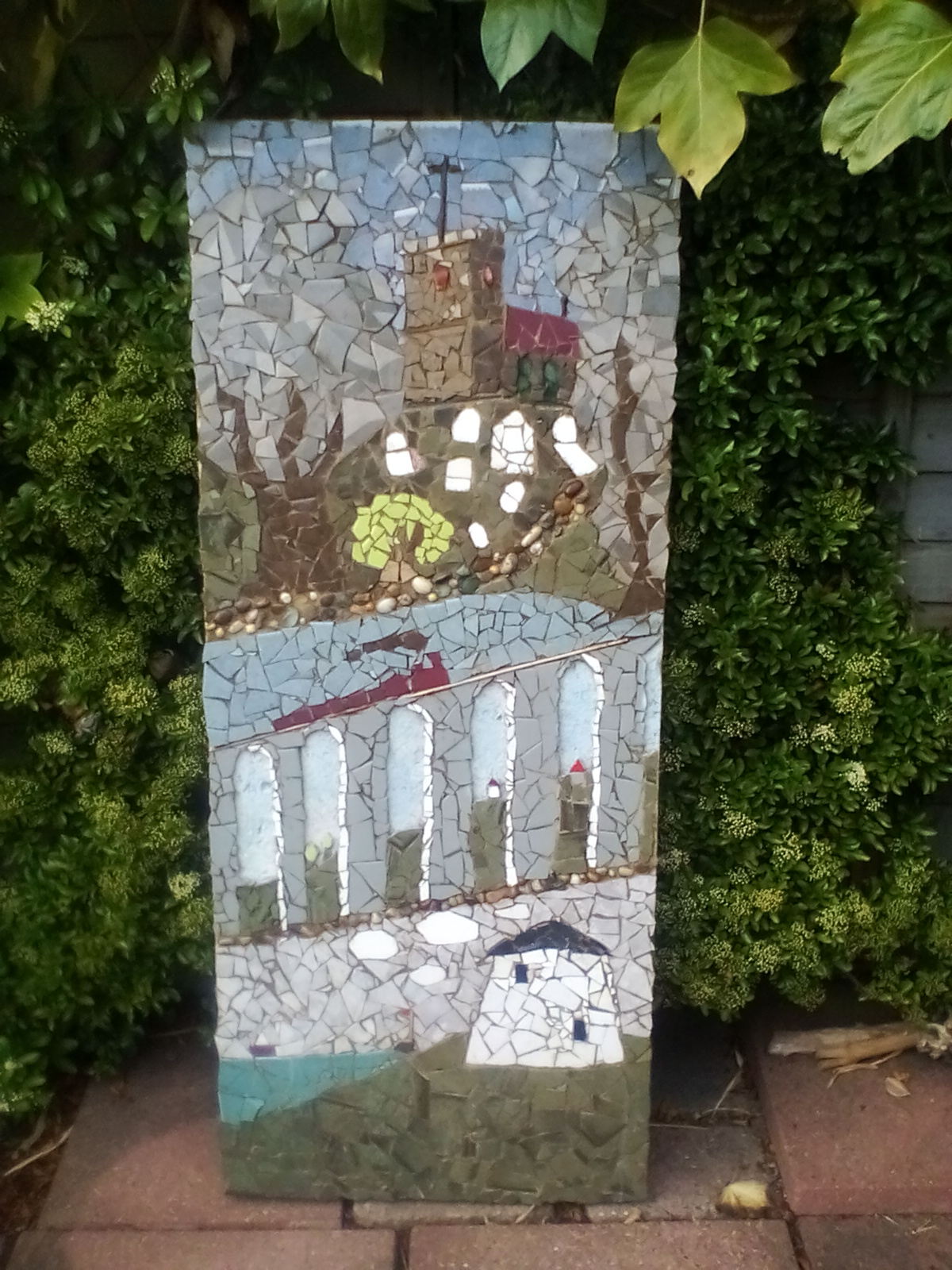The word was MONOPOLY and this is what some of the group members came up with.

Bored Games
I returned home as Hungry as a Hippo,
Wondering what to eat that night.
Guess Who Was cooking again?
Battling over these choices as we
Move like ships in the night.
Battleships some might say.
When we met it was like a connection.
‘Connect for life,’ He said.
He had a monopoly on my time.
My heart.
Ripped out
Cut it out in an Operation.
Sometimes we Scrabble for words.
Sometimes I wonder if he has a Clue.
All I know is that this love is not a trivial pursuit.
Samantha Stevens

I remember rainy weekends when as a child, I would play Monopoly with my mum. To start the game, we had to throw a double six. Sometimes this would take ages, this would infuriate us both. Finally, we began to play. My favourite counter was the car, although sometimes I used the ship. Mum usually had the boot. Round and round the board we went. My car was like those on formula one tracks, each go round the board was like going around a track circuit. I enjoyed being the banker and deciding which properties to buy. I usually bought the green, blue and dark blue properties and left mum the rest. When I played I was usually unlucky and spent lots of time going to and in jail, (what for I really don’t know). I had to throw a double to get out and sometimes it took ages. Mum, however, seemed to sail around the board. Sometimes she’d land on my properties but didn’t have to pay rent as I was in jail once again. Eventually, I threw a double and was released from jail. This concerned me, I’d spent most of my money and had less than £500 left. I threw a double, then another, but on my next go I landed on the pay income tax £200 square. With bated breath, I apprehensively made my way around the board. Unfortunately, I landed on a couple of mum’s properties and had to pay rent. By this time mum had bought houses on her properties. Mum had an uncanny knack of avoiding mine, (she definitely had luck on her side). I landed on the take a chance square and read the card, it said ‘Advance too Trafalgar Square, do not pass Go and do not collect £200’. Mum grinned, she had a house on Trafalgar Square. I screamed in frustration, my eight-year-old self indignant at this. Grudgingly I paid out the money. Now I was flat broke, the game was over, mum had beat me at Monopoly yet again.
Suzannah Gisby

Monopoly
Manasseh had timed his arrival at the Strand Bridge to perfection. He prided himself on punctuality; always had done. He was a proud man. His agent (the phrase still gave him a thrill) would be along soon. A chill wind was blowing – autumn was on its way. Something about it, and the choppiness and greyness of the river, reminded him of his youth, when he and his brother would ride into those little towns on the Baltic with a cart so full of bearskins from the Carpathians that they could hardly drive it. He smiled at the memory but it felt like a lifetime ago. He had come a long way since then.
Along the river, to the east, lay his home, between the Jolly Jack Tar and the shop that sold chronometers and sextants. A little cramped with seven children, but, he would like to think, a happy home and it would do for now. More appropriate accommodation might be in the offing, if things continued with this plan, so audacious that nobody else would ever dare put it into action and yet so simple. His “competition” – if one could describe it thus – was right now on a prison hulk in Portsmouth, awaiting the boat that would take them to Van Diemens Land. He had seen to that; had made sure his name was not associated with theirs, had learnt never to put all his eggs in one basket, if that was the right English phrase.
A woman leading a black cow brushed past him roughly and disappeared into the crowd. He rubbed his coat fastidiously with a large handkerchief and slipped his hand into his capacious pocket. All present and correct; two hundred Prussian banknote; notes that he had had printed himself, but who would ever know the difference – ready to be exchanged for coins of the British realm, of the same value. His attention was caught momentarily by a black carriage parked in the street nearby, its windows closed.
Halfway across the bridge – just as arranged – was his man, a hand raised in greeting. He walked slowly over to him – he never rushed anywhere, not his style. Out of nowhere, a bony hand grasped him by his shoulder and a voice hissed “Gotcha,” accompanied by a strong smell of onions and beer. Worse odours were to assail him when, after a struggle, he was pushed unceremoniously and headfirst into the black carriage.
With as much dignity as he could muster, he asked the officious, grinning oaf sitting opposite where they were going.
“Newgate, mate. “
“Not for long,” thought Manasseh. “Not if I can help it.”
Debby Jones

Monopoly: US or UK?
A Piece of Nonsense
St Charles Place or posh Pall Mall,
Vermont Avenue or Euston Road?
Pancakes and waffles or Eggs Royale?
Depends I guess on your own postcode.
Kentucky Avenue or The Strand,
Park Place apartments or Park Lane?
Theatre on Broadway or West End?
Luxury living or fancy hotel chain?
Reading Road or Kings Cross Station,
Ventnor Avenue or Coventry Street?
Which is the pride of their home nation?
I’d wager they both smell just as sweet.
Atlantic Avenue or Leicester Square,
Marvin Gardens or Piccadilly?
Would you wish to shop here or there?
Or am I being just plain silly?
The game’s the same either side of the pond
Full of guile and cunning, and just plain greed,
Which is why I am hopeless and cannot respond,
I much prefer Scrabble I have to concede.
Tony Quarrington
